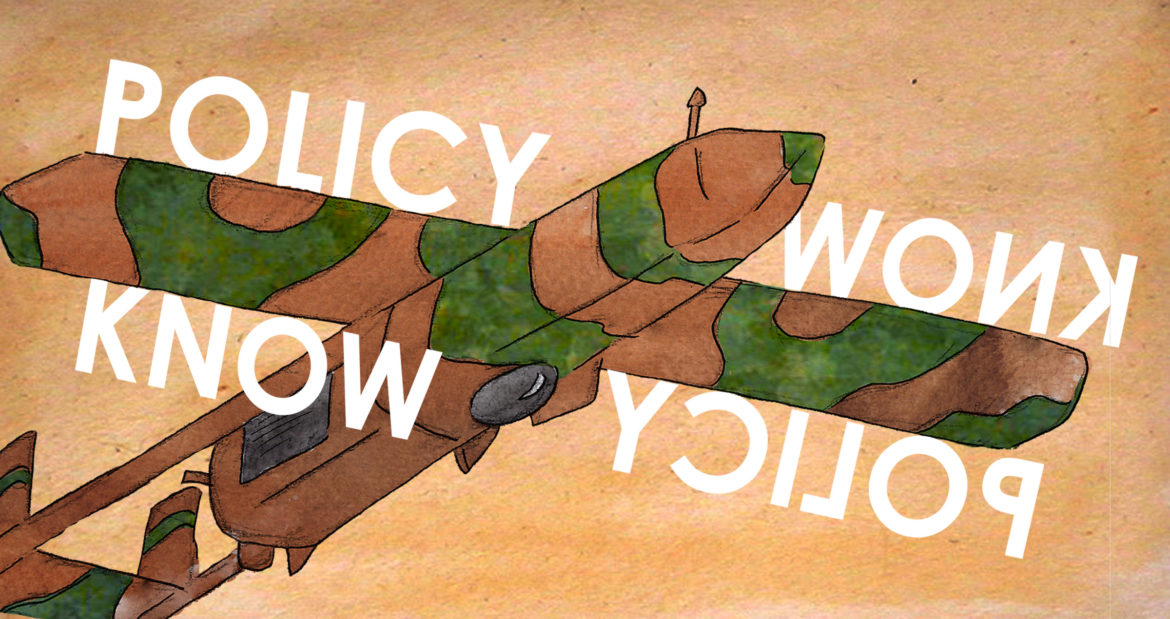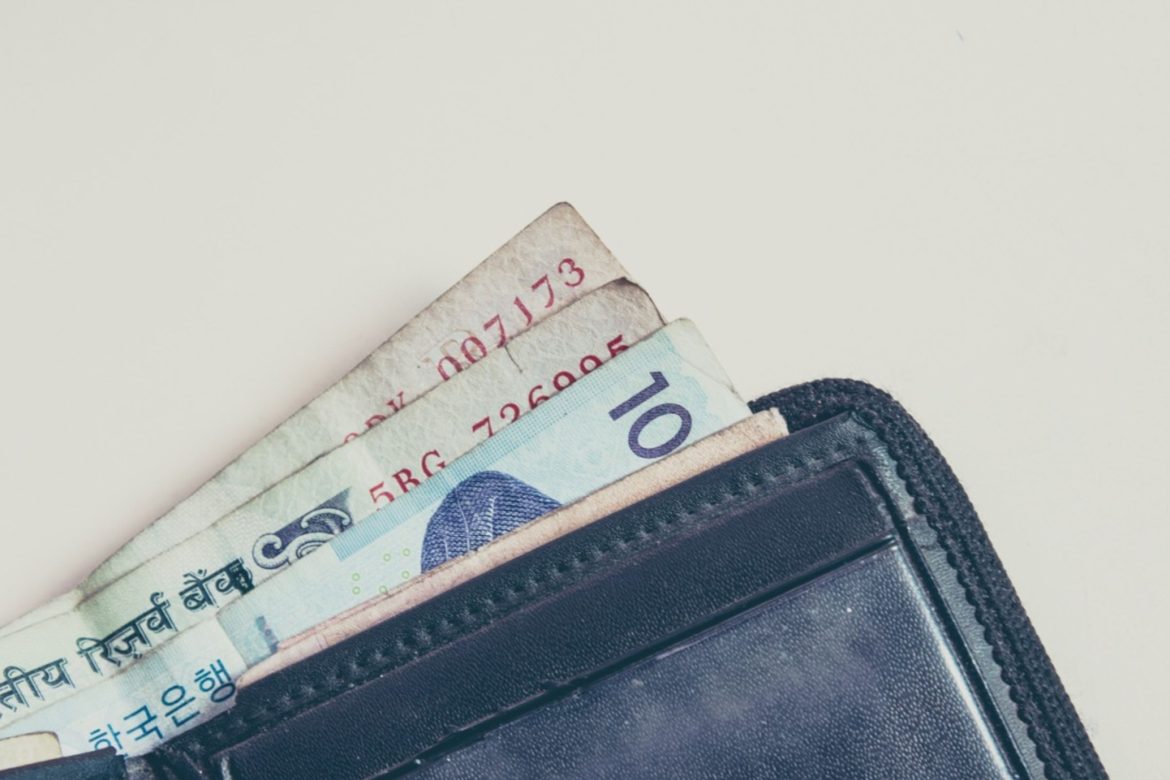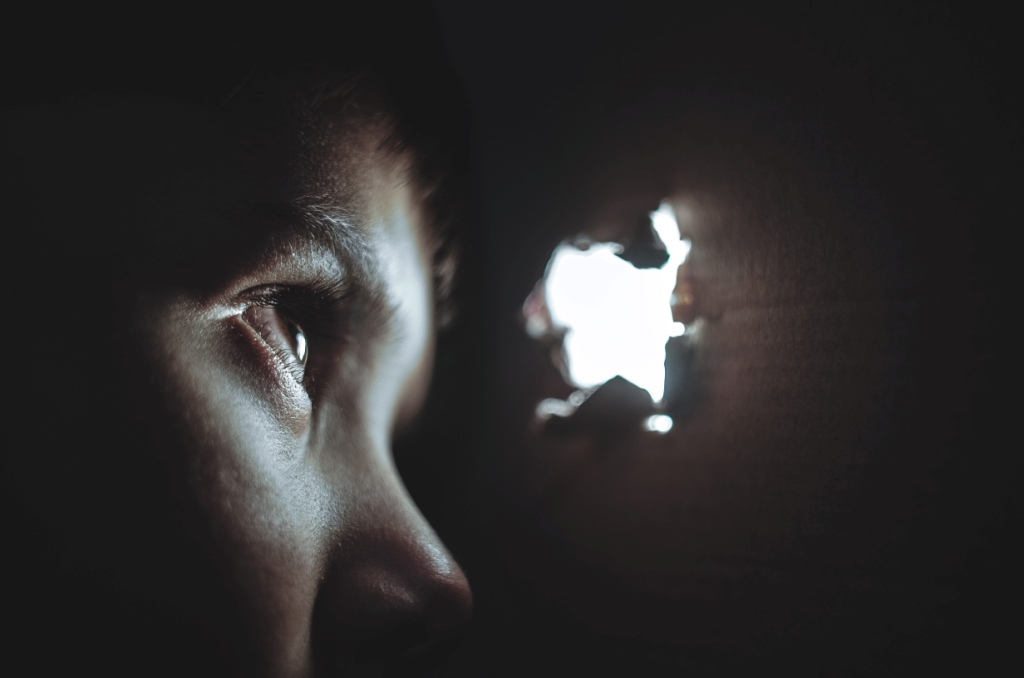The Mumbai Police banned all flights by drones and light flying objects, as reported by the Times of India (ToI) dated March 1st, 2017. The ToI piece also dwelled on the impact of this order on the drone-based educational activities conducted by three engineering colleges in Mumbai including IIT Bombay. The concerned police officer has been reported to be very emphatic about the need for such a strict action in view of the security threat posed by the drones. As I remember, there were reports of suspicious drone activity near the airports in the country. There have been reports of terrorist sleeper cells, and terrorists have demonstrated their tech-savvy-ness earlier. So, the perception of the security threat is legitimate and valid.
Fundoo Fundaes
As I am writing this note about Less-cash/Cashless India, the Indian media is reporting the great confidence in Prime minister Modi’s government, and the corporate community is showing high confidence in his leadership. The Prime minister’s office is claiming the reports to be a validation of the acceptance and success of the bold initiative of Prime Minister Modi: the decision on Demonetisation on November 8th, 2016.
What will the raising of fees in public institutions cost us?
Dear XXXX,
As it is, ‘good’ education in India is reserved for rich parent’s kids – kindergarten upward. It is a policy to make sure that the relatively stupid offspring of better off parents corner the better paying jobs in the country.
International experience suggests that the lower middle class and poor sections of society do not like to take loans or even avail of merit scholarships.
Six world leaders hold an emergency summit at the Austrian Ski town to tackle an imminent economic meltdown.
Six world leaders hold an emergency summit at the Austrian ski town, Kitzbuhel, to discuss how the ISIS crisis, oil, commodities and China’s slowdown could drown the world in 2016 unless they jointly did something. They ended up merely sharing some data to justify what each one was up to. The Indian PM Modi, on his way back gets his advisor to explain to journalists on board his aircraft, what all that data that he got at the summit, really means for the world and to India in particular. 2016 will be a tough and volatile year, in which oil prices will drop further. At some point however, oil price will creep up. Some parts of the world would be worse off than last year, especially OPEC, Russia, etc. Disturbances would affect Latin America. The ME could be a tinderbox that could send oil prices up again. China will be in transition, not likely to lose its global market share but some domestic market ‘explosions’ will keep China in the news and the global stock markets on tenterhooks. This will affect India’s bourses as well despite the Indian economy pulling upwards because FDI starts finally kicking in, inflation remains under control and fortunately, decent monsoons and low oil prices help Modi to keep the GDP a little above the 2015 rate despite fall in exports. Who will the winners and losers be? Will speculators exploit the vulnerability of the situation to trigger a crisis? Read on for more.
The situation in Syria is very complex and difficult to comprehend. An analysis of the country, region and global factors (beyond usual suspects of oil and arms industry) could help in drawing some lessons. For this, it would be useful to step back from the trees and observe the bigger picture of the forest. The resulting analysis is not prescriptive or critical, and given the complexities of the subject, no analysis can be comprehensive.
A tale of loss and reconciliation centered around Emily Coelho who finds solace in her home and garden even as she relinquishes them.

Emily Coelho stood outside the Fatima church in Hadapsar, in suburban Poona, where a small East Indian community congregated every Sunday for morning mass.




